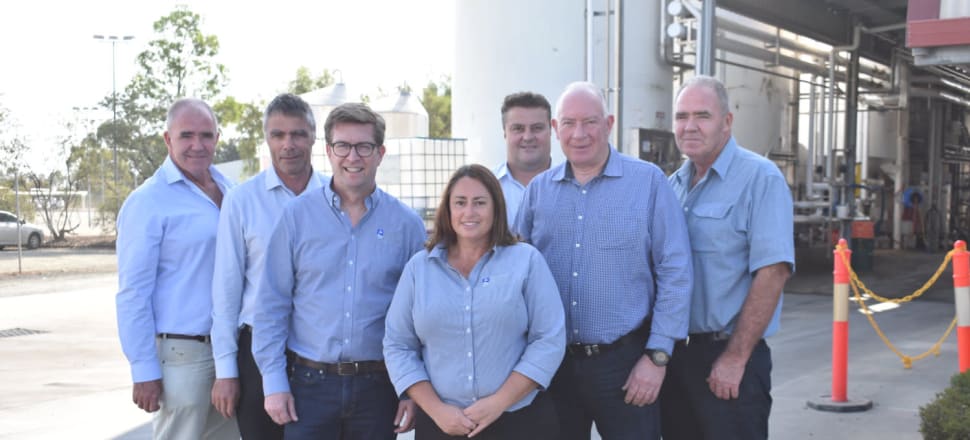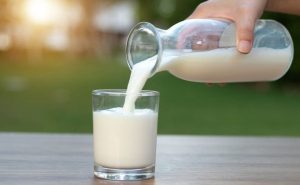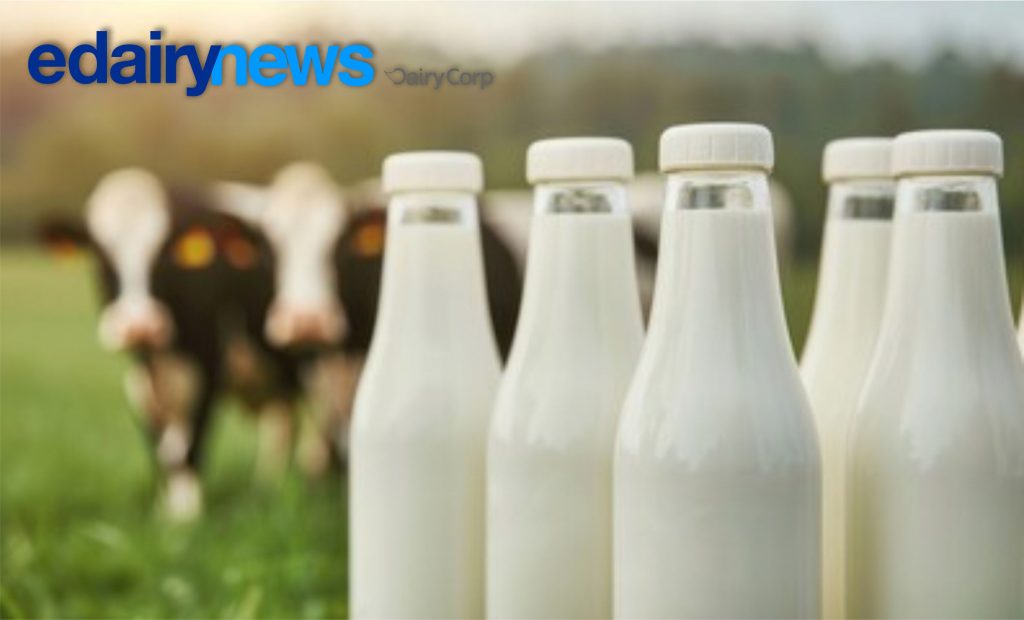Kyvalley Dairy has been a foundation supplier to The a2 Milk Company since 2003, supplying about 55 per cent of the a2 raw milk, and packing 100 per cent of a2 milk products sold in Victoria, South Australia and Tasmania.
As part of the deal, The a2 Milk Company will fund the expansion and upgrade of the processing facility in Kyabram that will be managed by Kyvalley Dairy under a lease and revised long-term supply agreement.
The upgrade will benefit both businesses by providing additional capacity and improved facilities that will create factory efficiencies and ensure the continued delivery of high-quality products to consumers.
The upgrades are expected to commence early next year.
The new alliance will also include a long-term supply agreement for the sourcing, processing and packing of The a2 Milk Company products and a sale and lease back arrangement from Kyvalley Dairy to The a2 Milk Company.
“This is an exciting outcome for our business and provides security into the future for both our valued employees and our suppliers,” Kyvalley Dairy chief executive officer Michelle Sonnenschein said.
This sentiment was echoed by the Asia-Pacific chief executive officer of The a2 Milk Company, Peter Nathan.
“We have had a very strong and long-term relationship with the team at Kyvalley Dairy Group and this alliance, and our significant investment into the facility in Kyabram, demonstrates our confidence in the a2 Milk brand, the strength of our partnership with Kyvalley Dairy and the economic benefit a2 Milk continues to have for regional Australia.”
Kyvalley Dairy said the new alliance and the upgrade of the Kyabram facility would provide the region with employment opportunities and support dairy farming families with secure long-term supply opportunities.













